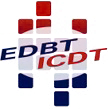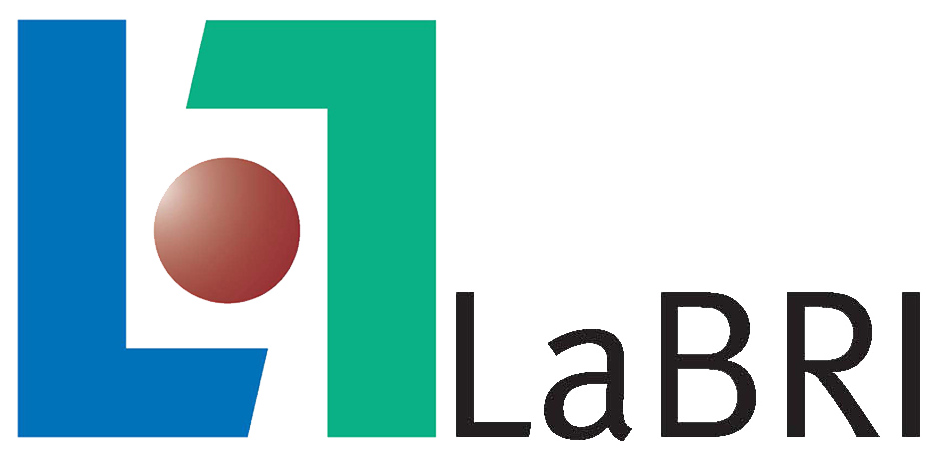General Information
Program
Organization
Downloads
Tutorials
Distance-based Multimedia Indexing
Organizers: Christian Beecks, Merih Seran Uysal and Thomas Seidl (University of Aachen, Germany)
Duration: 1,5 hours
Abstract: This tutorial aims at providing an overview of the state-of the-art approaches to distance-based multimedia indexing.
This tutorial presents the fundamentals of (i) object representation,
(ii) distance-based similarity models, (iii) efficient
query processing, and (iv) indexing. It is intended for
a broad target audience starting from beginners to experts
in the domain of distance-based similarity search in multimedia
databases and adjacent research fields which utilize
distance-based approaches.
Core Decomposition in Graphs: Concepts, Algorithms and Applications
Organizers: Fragkiskos D. Malliaros(Ecole Polytechnique, France), Apostolos N. Papadopoulos(Aristotle University of Thessaloniki, Greece), and Michalis Vazirgiannis(Ecole Polytechnique, France and Athens University of Economics and Business, Greece)
Duration: 3 hours
Abstract: Graph mining is an important research area with a plethora of practical applications. Core decomposition in networks,
is a fundamental operation strongly related to more complex mining tasks such as community detection, dense subgraph discovery,
identification of influential nodes, network visualization, text mining, just to name a few.
In this tutorial, we present in detail the basic concepts and properties related to core decomposition in graphs,
the associated algorithms for its efficient computation and some of the most important applications that benefit from it.
Data Responsibly: Fairness, Neutrality and Transparency in Data Analysis
Organizers: Serge Abiteboul(INRIA Saclay & ENS Cachan, France), Gerome Miklau(University of Massachusetts, USA) and Julia Stoyanovich(Drexel University, USA)
Duration: 1,5 hours
Abstract:
Big data technology holds incredible promise of improving people?s
lives, accelerating scientific discovery and innovation, and bringing
about positive societal change. Yet, if not used responsibly, this
technology can propel economic inequality, destabilize global markets
and affirm systemic bias. While the potential benefits of big data are
well-accepted, the importance of using these techniques in a fair and
transparent
manner is rarely considered. The primary goal of this tutorial is to
draw the attention of the data management community to the important
emerging subject of responsible data management and analysis. We will
offer our perspective on the issue, will give an overview of existing
technical work, primarily from the data mining and algorithms
communities, and will motivate future research directions.








